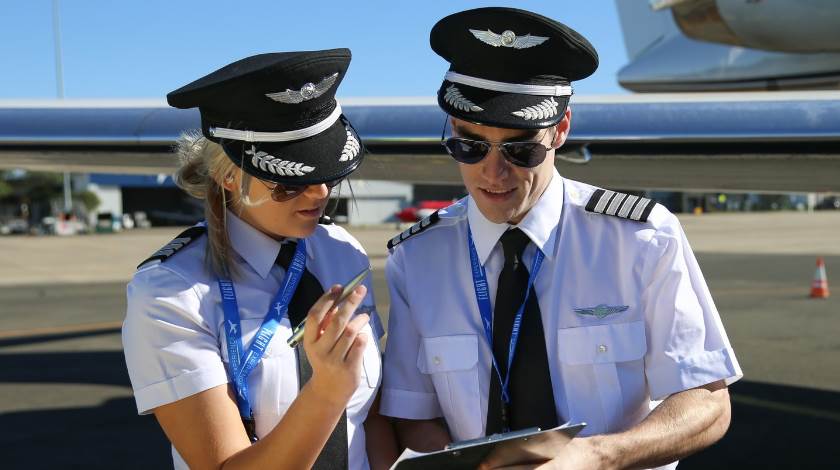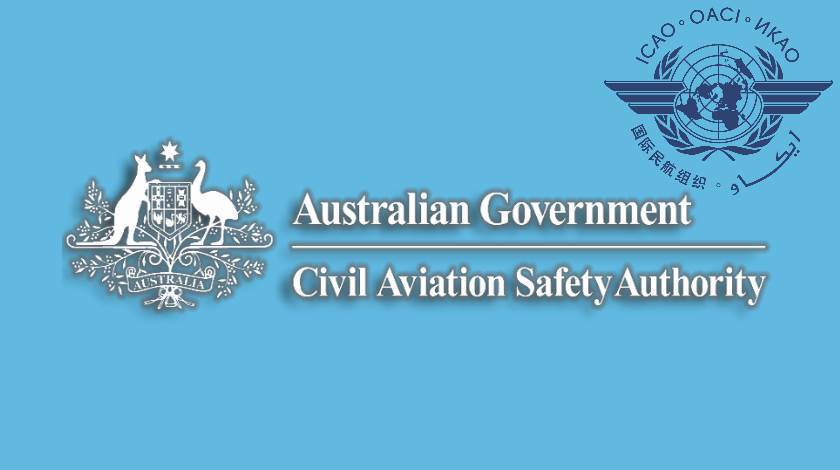CASA harmonizes aviation rules to ICAO
The new pilot licensing regulations commence was approved in order to harmonize Australia’s Civil Aviation Safety Authority’s (CASA) rules step by step with the International Civil Aviation Organization’s (ICAO) standards. Improving safety standards is a top priority of these changes as safety is one of the core ICAO’s objectives. This can only be achieved by improving and changing several old rules into new ones. Started more than a year ago on the 1st of September 2014, implementation of new rules is expected to be fully done until 31st of August, 2018. Not only it will improve safety but also bring Australia closer to international standards.
Changes in flight crew licensing
The biggest changes occurred when Civil Aviation Regulation Part 5 (CAR 5) was changed into Civil Aviation Safety Regulation Part 61 (CASR 61) on flight crew licensing:
› Some aircraft are included in a class rating and don’t require a specific rating (endorsement) such as most light multi-engine airplanes and some single-engine helicopters;
› There are no separate aircraft ratings for co-pilots;
› There is a new cruise-relief type rating (authorizes you to act as co-pilot of an aircraft of the specified type)
Limitations:
- you can only act as co-pilot with an operator that has an approved cyclic training and proficiency program
- you can only act as co-pilot while the aircraft is at Flight Level 200 or above)
› Multi-crew cooperation training is required for all pilots in multi-crew operations;
› Type-specific instrument proficiency checks are required every 24 months (12 months for single-pilot turbo-jet airplanes).
CASA gives all the support
Civil Aviation Safety Authority is willing to give all the support through the transition process. Australian training organizations will be provided with improved guidance material, sample manuals and example syllabuses. The costs associated with the transition will be minimized by this help. CASA reminds pilot license holders that the application to convert to new Part 61 license must be submitted only when one of the following events occurs:
› You need to apply for an additional license;
› You are issued a flight crew rating;
› You complete a flight review;
› You are issued an endorsement on a flight crew rating;
› You are issued a flight activity endorsement.
CASA extended the transition period to 31st of August, 2018 in order to make the process easier for the flying training organizations as well as present pilots.
Positive side of new regulations
New upgrades of Part 61 are expected to have the positive impact on aviation within the present and future pilots in the industry. The elimination of different type of co-pilots license and the must for all pilots in multi-crew operations to have Multi-crew cooperation (MCC) license received quite diverse opinions as it requires additional training and testing with extra costs. Nevertheless, only the positive side of this regulation can be seen looking from the safety prism.

MCC course and license
The main goal of MCC license is to make pilot more proficient in multi-crew co-operations in order to operate multi-pilot multi-engine airplanes safely under instrument flight rules (IFR). Many non-technical skills could be improved as the course consists of: optimum decision making, communication, division of tasks, use of checklists, mutual supervision, teamwork, and support. All these skills are being developed throughout all phases of flight under normal, abnormal and emergency condition simulations. Pilots enrolled into the course not only learn new MCC but also develop their crew resource management (CRM) skills. This is the effective way of learning to be the team leaders and members. It is easily achieved through many training exercises in which the applicants are divided into the pilot flying and the pilot non flying roles. The best advantage of this course is that it is beneficial for pilots as well as airlines. The course allows pilots to feel more confident during the airline assessments when completed before a job interview and makes them stronger applicants for the vacant position. Looking from the airline’s perspective MCC license ensures that the pilot is able to work in team and could manage dividing duties even in emergency conditions. Multi-crew cooperation training course will help to avoid miscommunication between pilots and raise the awareness of how to handle stressful situation while working in team.
The time for a change has come
The new requirements will ensure that Australian flight crew meets the highest standards while operating in international sky. These new regulations will have positive impact for all the aviation community as it will improve safety level in aviation. All these actions confirm that the time for changes has come and that Australian aviation wants to move side by side with the international standards.

